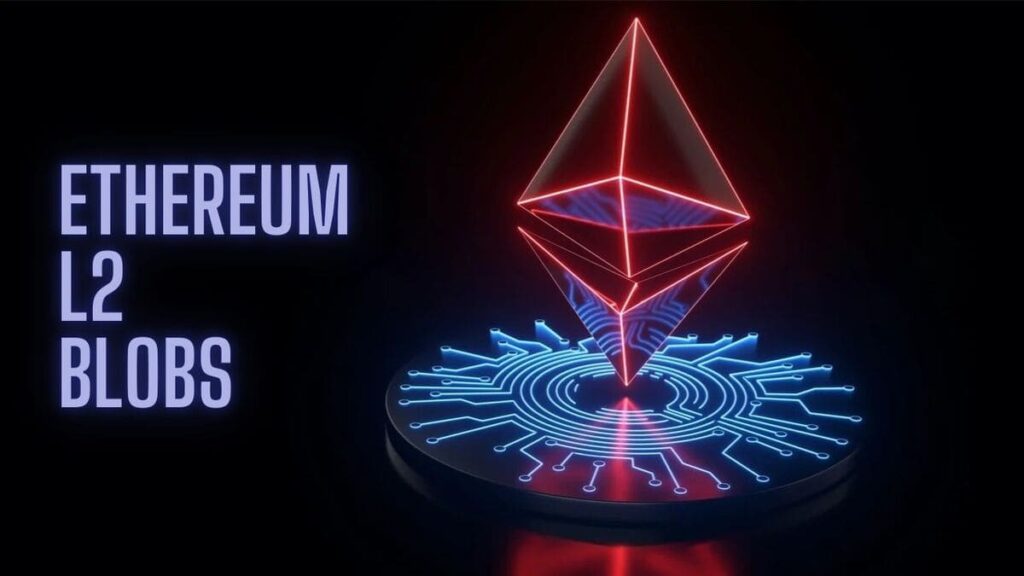TL;DR
- Layer 2 chains on Ethereum are facing issues due to the increasing demand for blob space in blocks, which could drive up transaction costs.
- Arbitrum and Optimism have reduced ETH fees, but now blob space is under pressure due to increased activity.
- Blob fees can reach $3.70 during peak activity, with Base and Taiko leading in demand.
Layer 2 (L2) chains on the Ethereum network are starting to encounter problems related to the available space for blobs in blockchain blocks. This space, crucial for securing transactions of L2 networks, is seeing a strong increase in demand, which could lead to higher transaction costs.
L2 chains such as Arbitrum and Optimism have played a key role in reducing Ethereum fees by enabling cheaper and faster transactions. However, these networks still require specific space in blocks to manage their transactions. The capacity for blobs, ranging from zero to six per block, is being strained by increased activity from L2 chains, especially following Ethereum’s Dencun upgrade.
As the blob market gets saturated I think we see L2s stretch the limits of their posting cadence to save costs.
Withholding, coordinated posting, etc.
Where can I find good docs or accounts on the implications of those behaviors?
Everything I find is too surface level
— BREAD (@0xBreadguy) August 29, 2024
Blob Fees May Reach $3.70
The rise in demand for blob space is creating a new economy that may begin to show signs of strain. Blob fees, which are a more cost-effective option compared to calldata for securing data on Ethereum, can vary significantly, reaching up to $3.70 per blob during peak activity periods. Although blob fees may remain lower than calldata fees, the increase in activity is leading to more intense competition for available space.

How to Deal with New Costs on Ethereum?
Among the chains contributing to this pressure are Base and Taiko, with these two being the main contributors to high blob fee levels. Taiko, in particular, has been aggressively posting blobs since the market accelerated in May 2024, leading to increased fees. This strategy, while allowing Taiko to achieve robust growth in active daily wallets, has resulted in high costs for the project, which has had to cope with operational losses.
If more L2 networks adopt similar approaches, the blob market could face an overload, causing sudden spikes in fees. L2 chains are considering adjusting their posting strategies to manage these rising costs. Some may choose to subsidize their transactions, while others might delay verification on the Ethereum mainnet to balance expenses.










